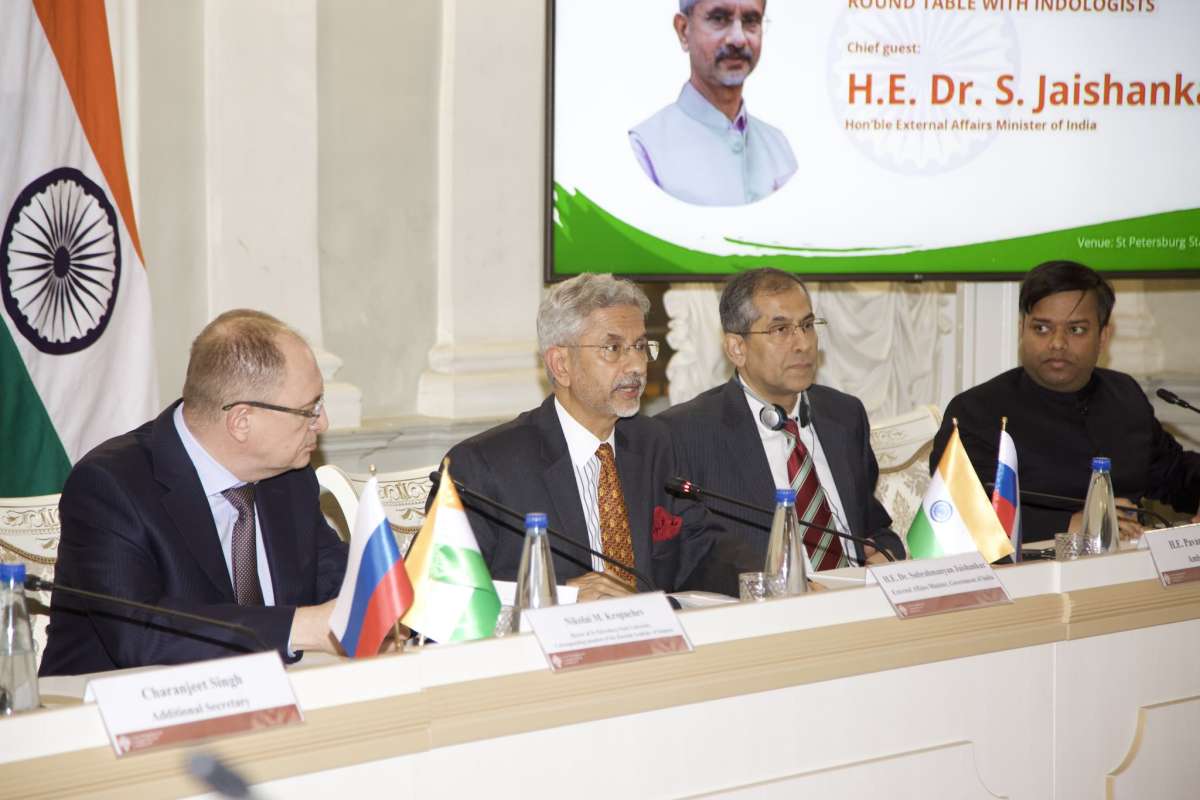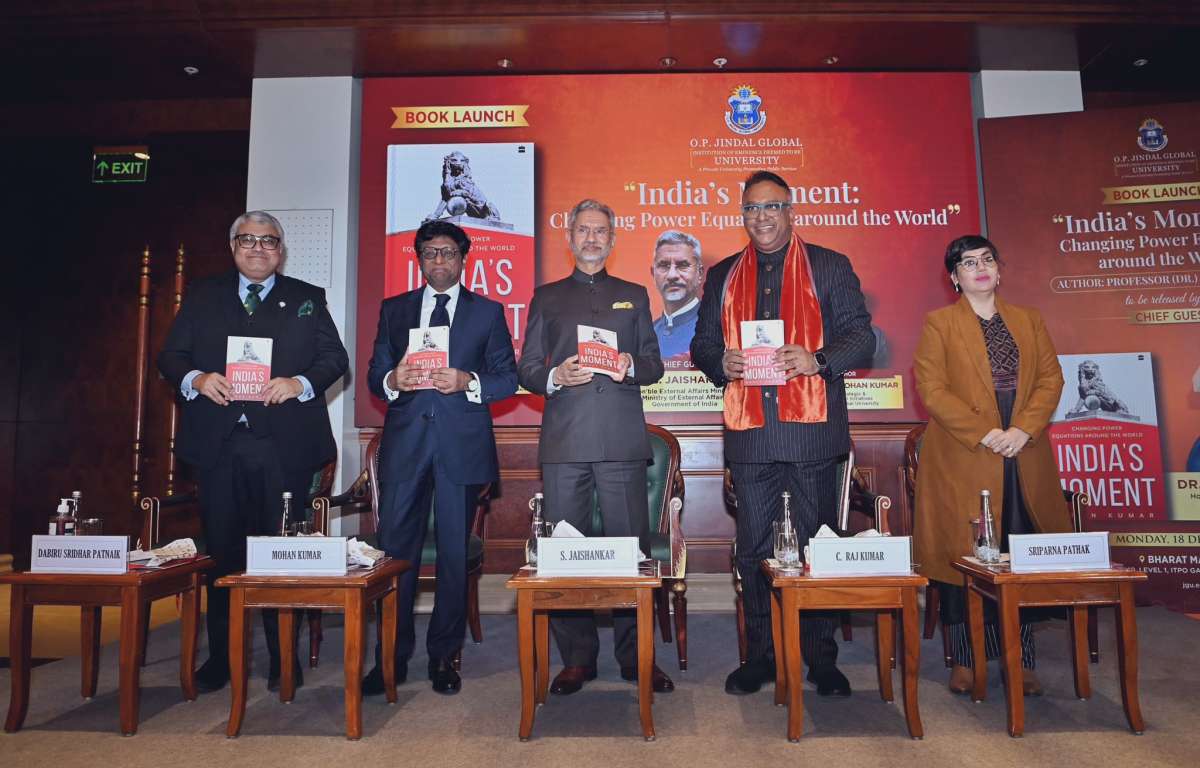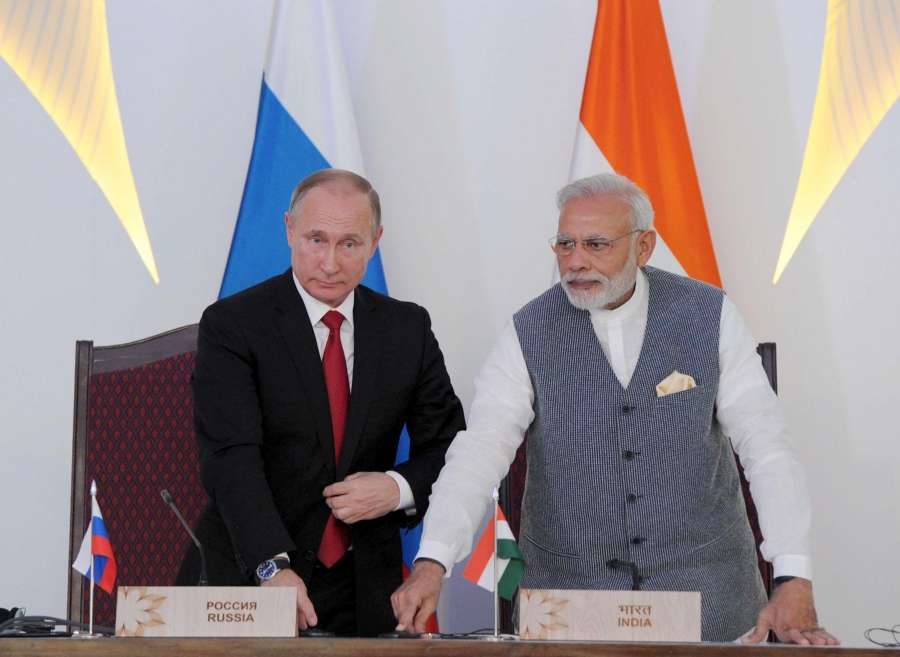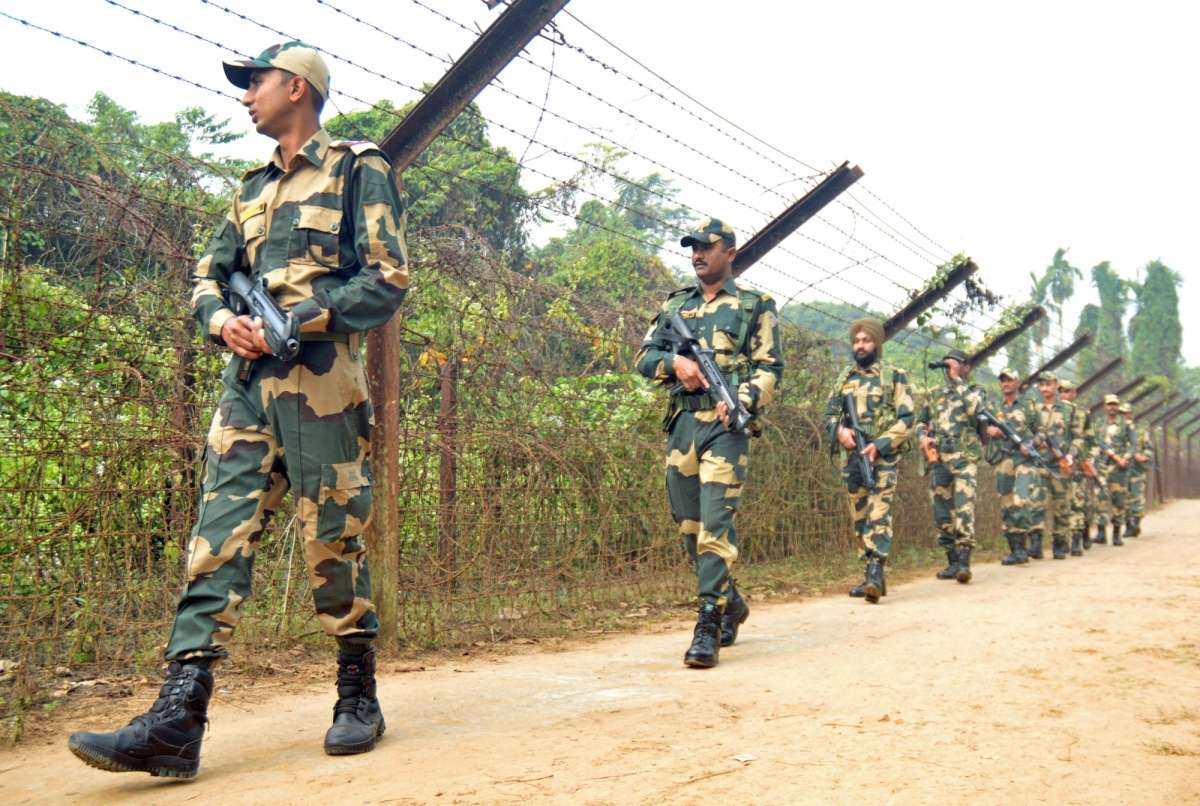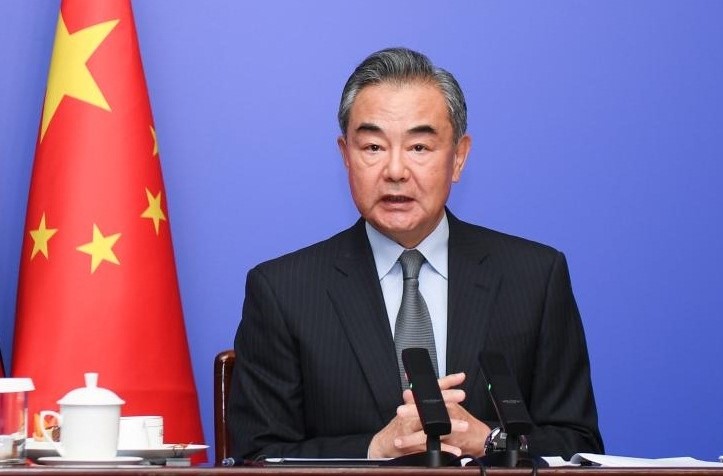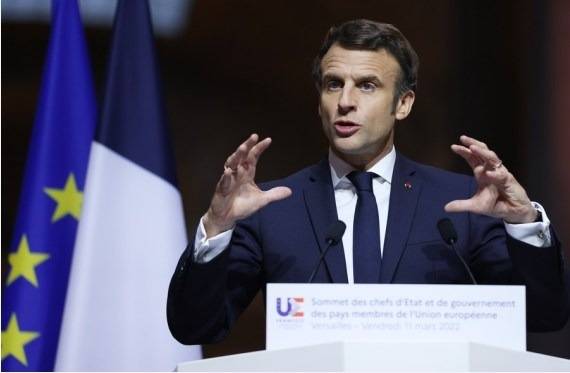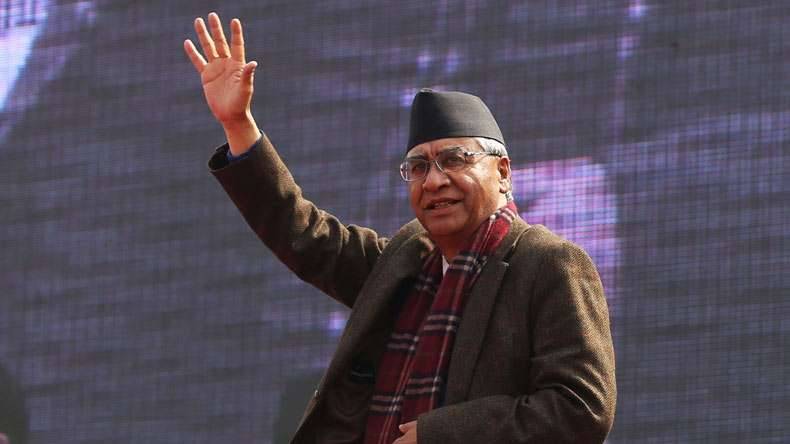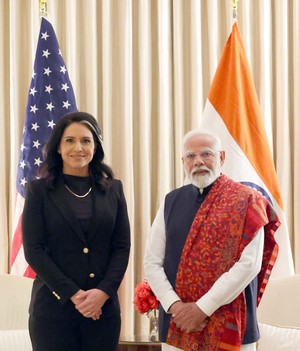
Gabbard Expresses Commitment to Strengthen US-India Ties
Gabbard, a long-time advocate for US-India ties, was the Prime Minister’s first major visitor during his recent trip. She met Modi at Blair House, a US government residence, just after her confirmation


